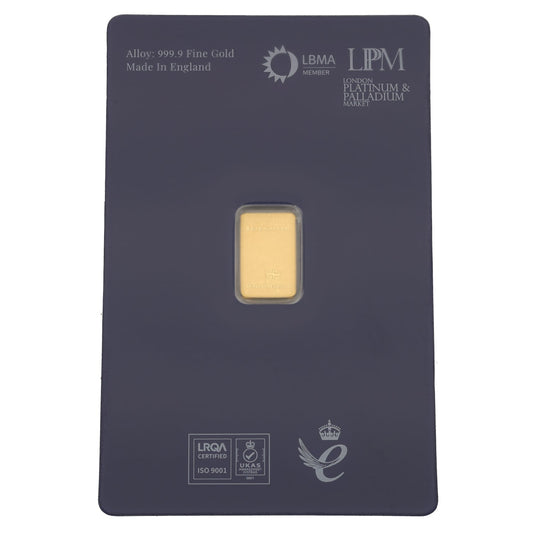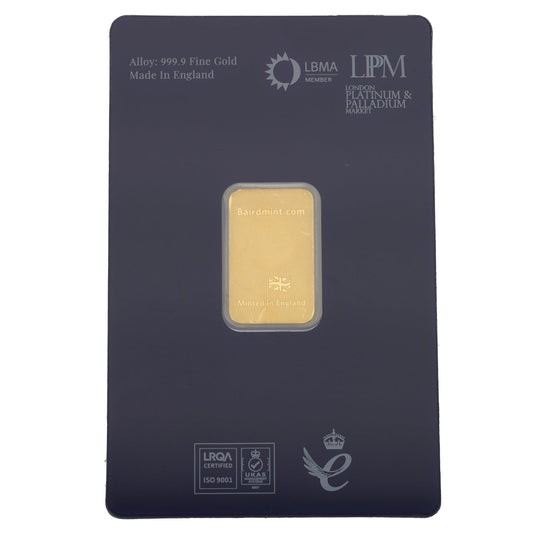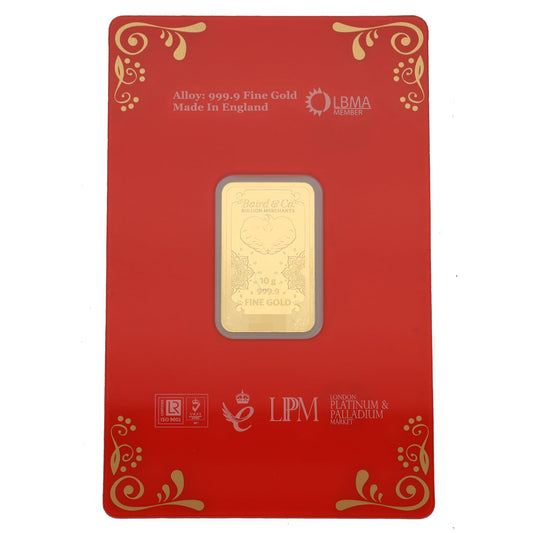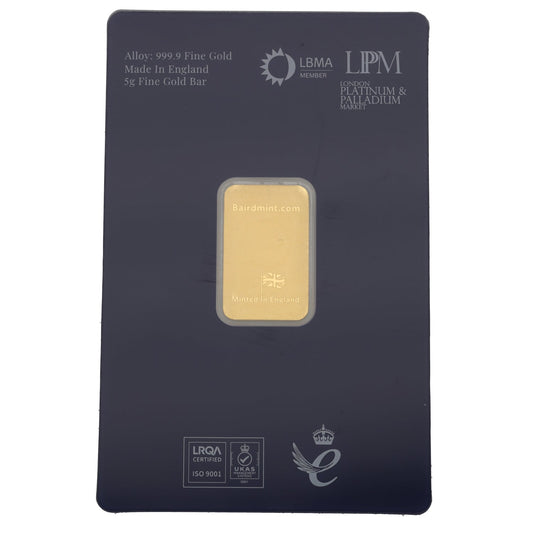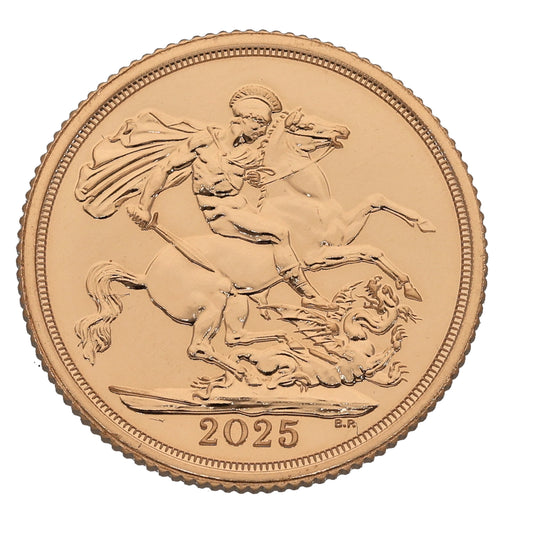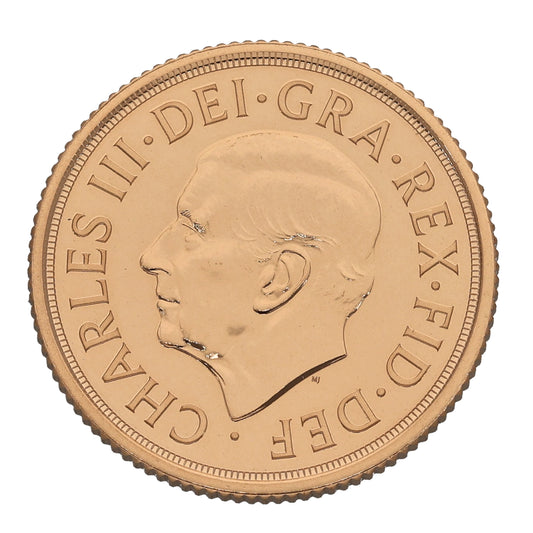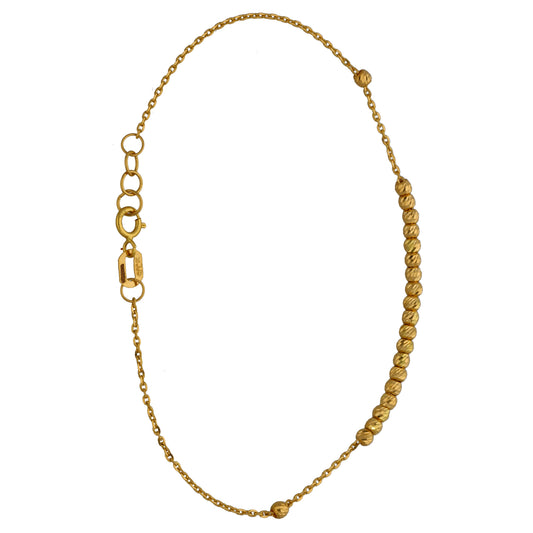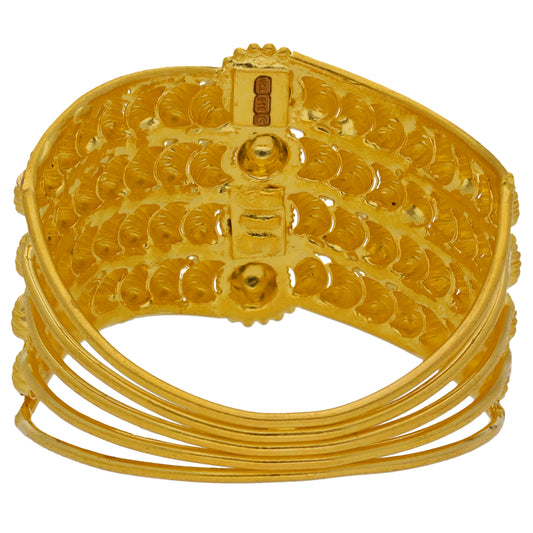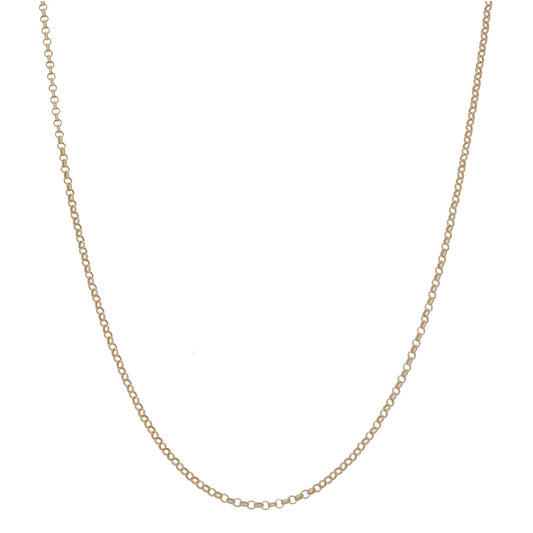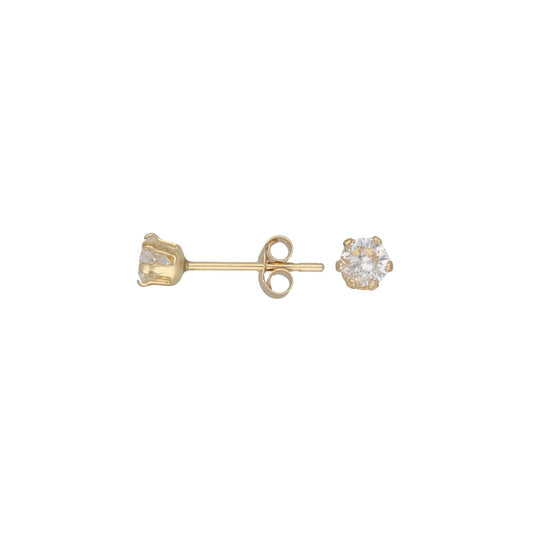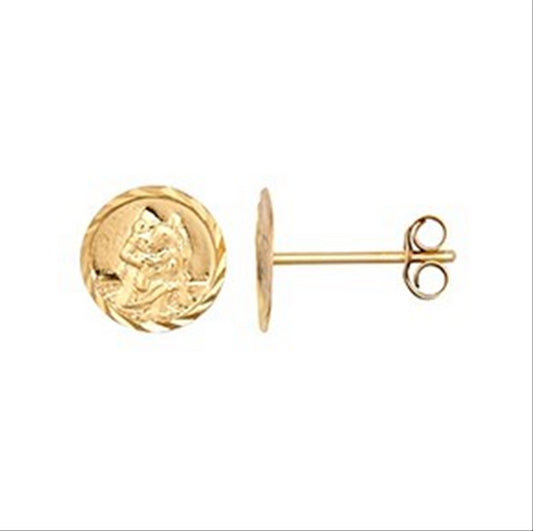Of course, keeping a budget is very important; but it needn’t be time consuming or boring. Budgeting is about so much more than noting down what you spend and what you’ll need – it’s not all just boring paperwork. There are plenty of supplementary things you can do which will help you to reach your financial goals.
In this article, we’ll give you the simplest tips for keeping control of your finances, spanning the three most important aspects of budgeting: keeping track of your spending, having plans for emergency funds should you need them, and preparing for the future.
Keep Track of Spending
Use cash

One of the easiest ways to keep track of what you’re spending is to use cash as much as possible. You may want to give yourself a daily or weekly limit. By being able to see how much you have left in a physical format, it’s easier to resist spending money on things you don’t need, and it’s impossible to spend more than you have.
Allocate your funds
Splitting your money up into categories makes it even easier to keep track. For instance, you could have a small envelope or section of your wallet dedicated to different expenses; such as going out, takeaways, exercise classes, petrol/diesel, and so on and so forth. Once the money in the envelope has been spent, you can’t spend more on this category until you are paid again and more money is allocated. This method may take some getting used to, but it can stamp out overspending very quickly.
Use more than one current account

If you can, use more than one current account. This way, you can separate out bills and spending money, giving you just as much control over your ‘digital’ money as you do with physical cash. Use one account for direct debits, standing orders, and regular bills such as rent/mortgage payments. This account is there to pay your essentials, and you can ensure the right amount is transferred/left in there so that everything is covered. Any money left over goes into the second bank account, which you can spend with freely knowing that your most important payments are accounted for.
Raise Extra Cash When Needed
Invest in your skills
If you want to boost your income, it helps to play to your strengths. Try to find profit in something you already enjoy. You could sell arts and crafts, list unwanted items online, offer to teach others your skills, babysit or dog walk – the possibilities are endless, and there’s bound to be someone out there who will pay for your skills, whatever they may be.
Consider a pawn loan

If you need money in a hurry and you don’t have time to find a second source of income, you may want to consider a pawn loan. This type of borrowing has become very popular since to collapse of the payday loan market, and can provide customers with quick cash but on much more favourable – and financially safer – terms. You don’t need a good credit history to be approved. Instead, all you need is an item of value that can be borrowed against. Find out more about how our pawn loans work here.
Rent your space
A low-effort method of boosting your income is to rent out something that you own. Renting a spare room can bring in a welcome bit of bonus cash, or if you’d prefer not to invite someone into your home, you could always rent out your driveway, parking space or garage. This can be particularly lucrative if you live close to public transport stations, close to places where lots of people work, or if you’re within walking distance of a football ground, university, or similar.
Prepare for the Future
Traffic light savings

Even if you can only put a very small amount away each month or week, then do so. All savings are worth something, and you never know when that small amount will be needed. In times of financial woes, small amounts can seem to be worth so much more than their face value. To help avoid temptation, it can help to split your savings into three, like a traffic light:
- Red savings are not to be touched – these are saving for your future and for major goals like a deposit for a house, or a retirement fund.
- Yellow savings can be used for medium-term plans, such as holidays, trips to see family and for Christmas.
- Green savings can be dipped into when required, say for unexpected vets bills, car repairs or to boost your budget during busy times.
Shop around for better prices
Keep an eye on your utility bills, mobile phone costs and your television/internet package. Better deals are coming out all the time, and if you haven’t shopped around in a while, now may be a good time to do so. If you have been with the same company for some time, it’s always wise to ask them for their best deal. You will almost always be offered a better price in return for staying with that company, and this can make a huge difference to your regular expenses.
Keep up the habit
As tedious as it can be, keeping on top of your household expenses can allow you to put more effort into other areas of your life, and will help to protect you against financial ups and downs. Keeping up the habit of checking your bank account and knowing how much you have left at any given time is a habit that will serve you well for years to come. What’s more, it’ll only get easier.
REPRESENTATIVE 165.5 %APR
Pawnbroking Loans are secured on your items, if the loan is not repaid it will be sold to pay the debt.






